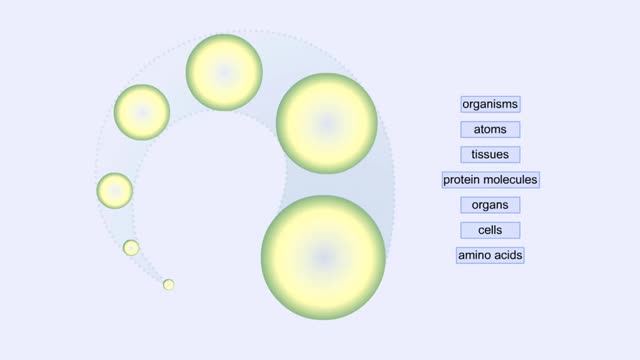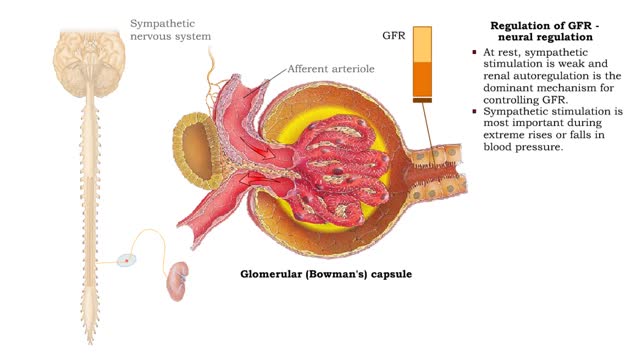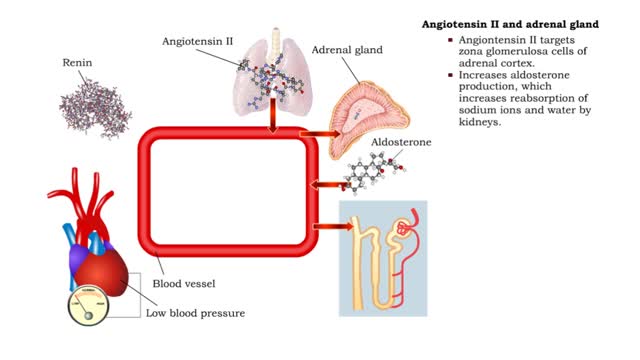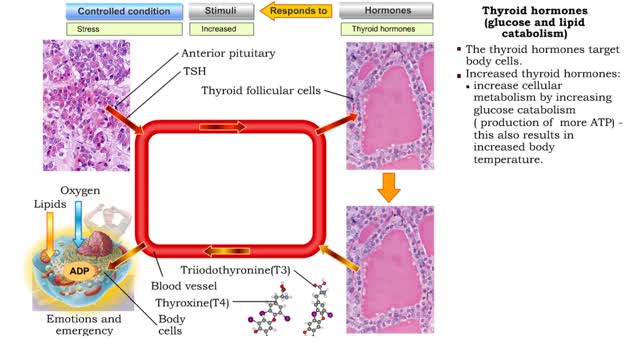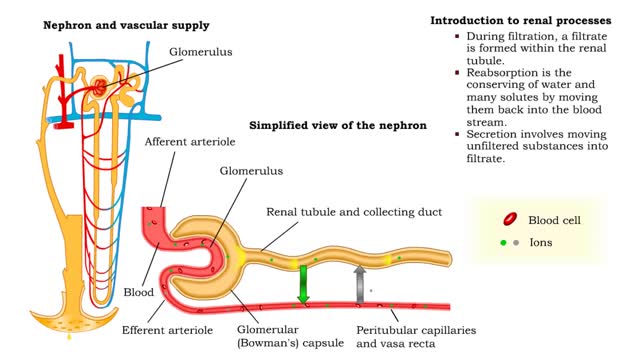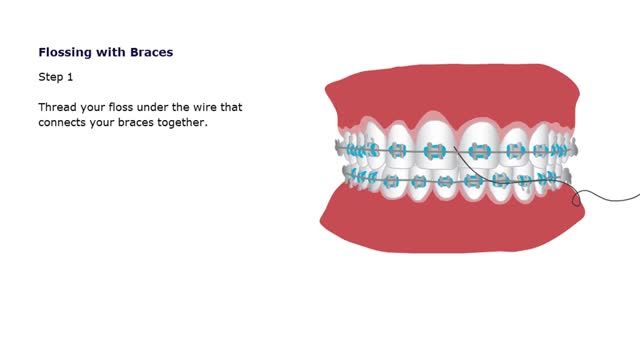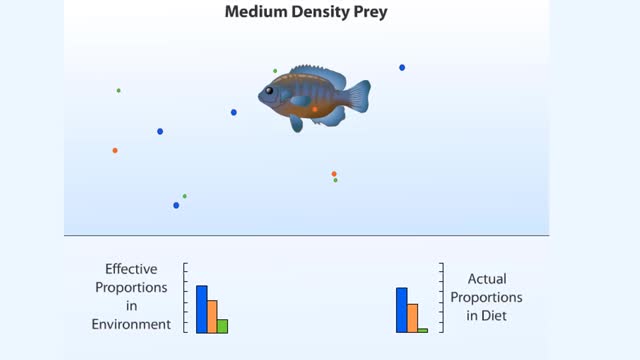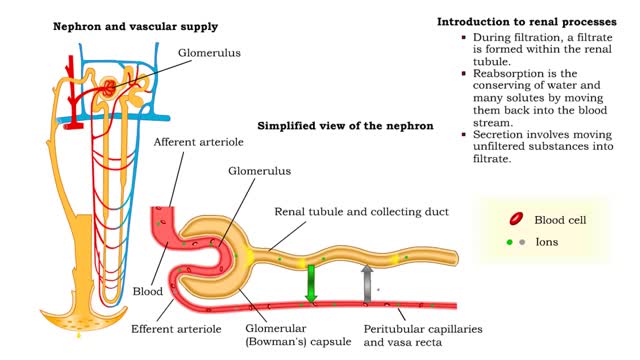Search Results
Results for: 'water molecule'
Proteins Defined, Hierarchy & Composition of Cells
By: HWC, Views: 10831
Proteins are long chains of amino acids linked together by peptide bonds. Together with the other three biological macromolecules—carbohydrates, lipids, and nucleic acids—proteins are the building blocks of cells. Proteins are the most complex and abundant biological macromolecules in cel...
Regulation of GFR: autoregulation via tubuloglomerular feedback, neural & hormonal regulation
By: HWC, Views: 12401
• When blood pressure is above normal, rapid filtrate flow reduces ion retention so filtrate in tubule has more Na+, C1-, and water. • It is believed that vasoconstricting chemicals from the juxtaglomerular cells are released when the macula densa cells detect higher water and ion levels in ...
Angiotensin II - kidneys, adrenal glands and dehydration
By: HWC, Views: 11407
• Angiontensin II targets cells in the proximal convoluted tubule of the nephron. ■ The reabsorption of Na+ and Cl- ions sets up an osmotic gradient favoring the retention of water. • Decreases urine production and increases blood volume and pressure. • Angiontensin II targets zon...
Photosynthesis and Van Helmont Experiment
By: HWC, Views: 10564
All energy on Earth comes from a star, the Sun. Light must travel 160 million kilometers to reach Earth where plants capture this light energy and convert it to chemical energy in the form of sugars. This biochemical process is called PHOTOSYNTHESIS. The summary equation for photosynthesis is ...
hGH, Thyroid hormones & Aldosterone
By: HWC, Views: 11472
Glycogenolysis and lipolysis • Stressors stimulate production of a hypothalamic releasing hormone (GHRH). • The releasing hormone stimulates somatotroph cells of anterior pituitary to secrete human growth hormone. • Human growth hormone targets liver cells and fat cells. hGH (glycog...
Introduction to filtration - filtrate formation and composition
By: HWC, Views: 11458
• At the nephron, the three process responsible for the formation of urine include: • Glomerular filtration. • Tubular reabsorption. • Tubular secretion. • During filtration, a filtrate is formed within the renal tubule. • Reabsorption is the conserving of water and many s...
Oral Hygiene & Braces Animation
By: HWC, Views: 10808
Caring for Your Retainer Retainers, just like your teeth collect plaque, bacteria and food particles. You should clean your retainer everyday! Keep your retainer soaking when it is not in your mouth. Use a mouthwash rinse to freshen it up and keep it free of bacteria. Keep your retainer away fr...
How does an animal choose what food to eat?
By: HWC, Views: 10791
One might assume that natural selection has influenced the foraging behaviors of animals, and that most animals forage efficiently, spending the least energy to gain the most nutrients. This is the underlying assumption of optimality modeling, a scientific approach to studying foraging behavior. ...
Carbohydrate Metabolism: Introduction to renal processes and filtrate formation and composition
By: HWC, Views: 11469
• At the nephron, the three process responsible for the formation of urine include: • Glomerular filtration. • Tubular reabsorption. • Tubular secretion. • During filtration, a filtrate is formed within the renal tubule. • Reabsorption is the conserving of water and many s...
Advertisement



